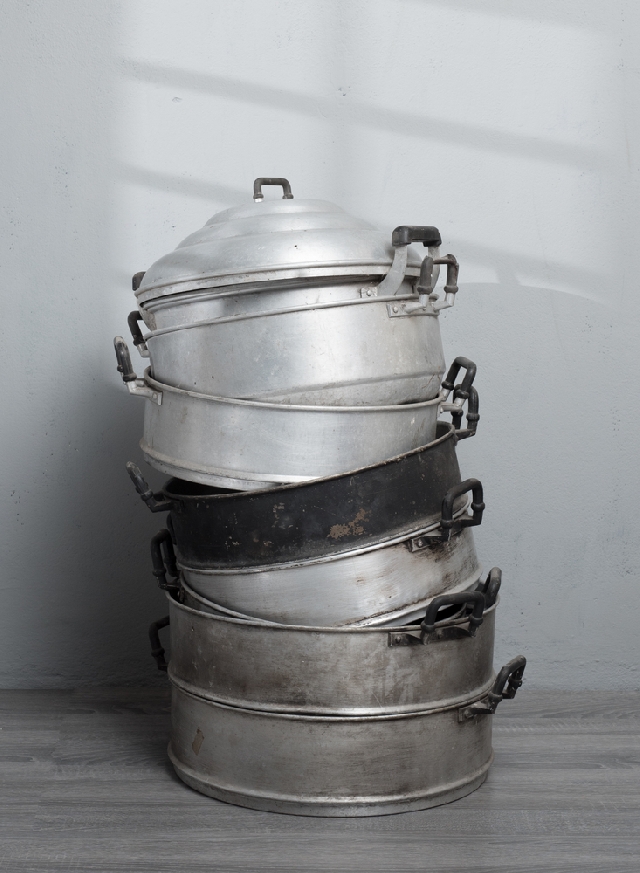High rates of lead contamination prevalent in metal foodware – Report
 The RMS study in Ghana analysed over 193 consumer products and food samples across four regions, uncovering high rates of lead contamination with the findings of lead concentration
The RMS study in Ghana analysed over 193 consumer products and food samples across four regions, uncovering high rates of lead contamination with the findings of lead concentration
Nonprofit organisation dedicated to saving and improving lives and protecting the planet by reducing disease-causing pollution in low- and middle-income countries, Pure Earth Blacksmith Initiative has released groundbreaking findings from its Rapid Market Screening (RMS) study on lead contamination.
The study, highlights alarming levels of lead in consumer goods and food produced in low- and middle-income countries (LMICs) including Ghana, with far-reaching global consequences.
According to a report by the organisation, it conducted a Rapid Market Screening (RMS) study in Ghana and the world, aimed at gaining insights into the consumer products and foods that contribute to lead poisoning in low- and middle income countries. Between 2021 to 2023, researchers analysed lead concentrations in thousands of products and foods from markets across 25 countries, including Ghana.
The RMS study in Ghana analysed over 193 consumer products and food samples across four regions, uncovering high rates of lead contamination with the findings of lead concentration in the following samples: “Metal foodware (Dadesen) (55%), Ceramic food ware (18%), Toys (14%), Cosmetics (7%). 10% of samples contained lead levels above the threshold level.
The RMS also found high “prevalence rates of lead exceeding reference levels, based on public health guidelines or regulatory standards, in metal foodware (52%), ceramic foodware (45%), various types of paint (11% to 48%), toys (13%), and cosmetics (12%).”
The organisation, in its report detailed a seven-point action plan beginning with recommendations to “expand blood lead level surveillance and home-based source assessments, then detailing strategies to get lead out of consumer products that are commonly contaminated.”
It further recommends “going to the source, tracking contaminated products to their production facilities, and then working with governments and producers to eliminate lead use” to solve this widespread exposure.
Source: classfmonline.com
Trending News

Anidaso Parkinson’s Disease Foundation condemns stigma, backs Franklin Cudjoe after disclosure
11:17
Court remands suspect into police custody for attempted murder, causing harm
21:00
Ghana and World Gold Council forge partnership to curb illegal mining
21:28
IGP promotes 30 officers for exemplary performance
19:57
NDC loses MP in Parliament
19:07
Aowin: MCE questions MP over ‘illegal’ galamsey raid
11:10
C/R: Preach sanitation and integrity, Central Regional Minister urges church leaders
20:28
Commercial Transport Operators call for enforcement of approved fares
21:22
Seidu Agongo condemns alleged GNFS attack on CMG journalist, calls for probe, urges calm
19:04
Edudzi Tameklo: NPP handed flagbearer race to Bawumia in a crafty way
04:08



